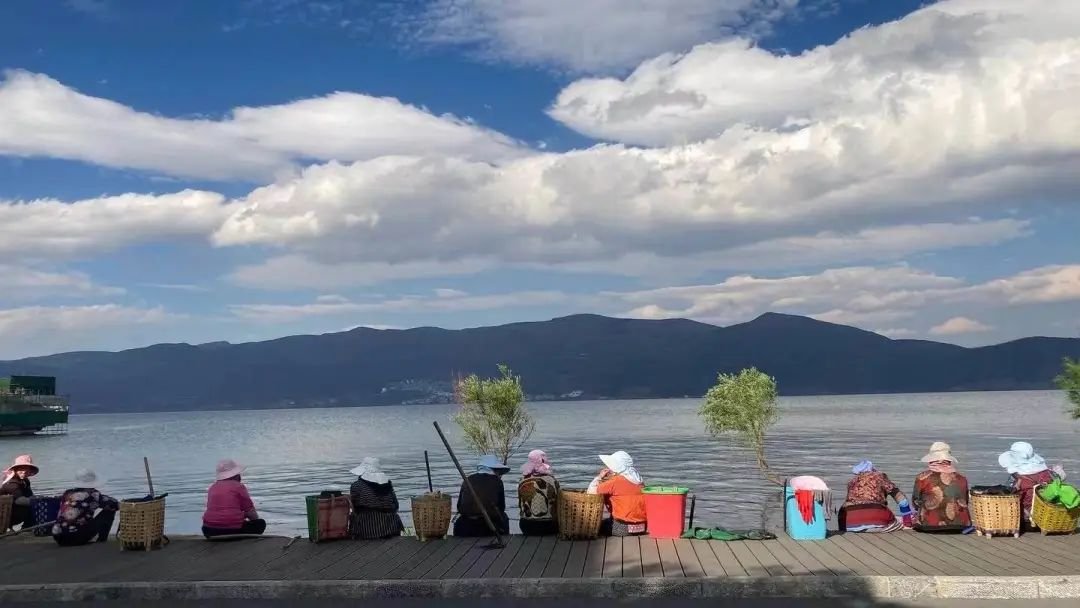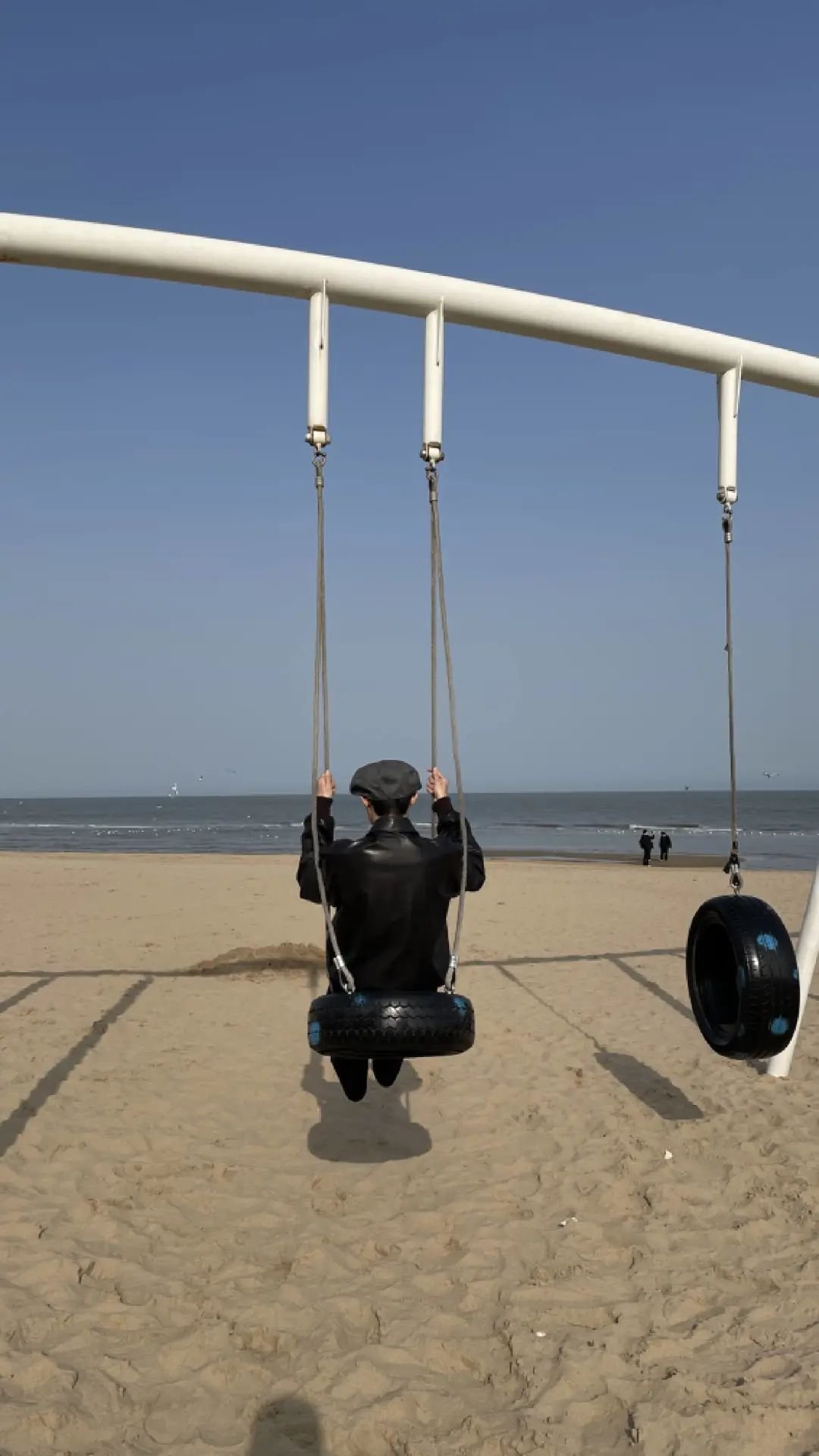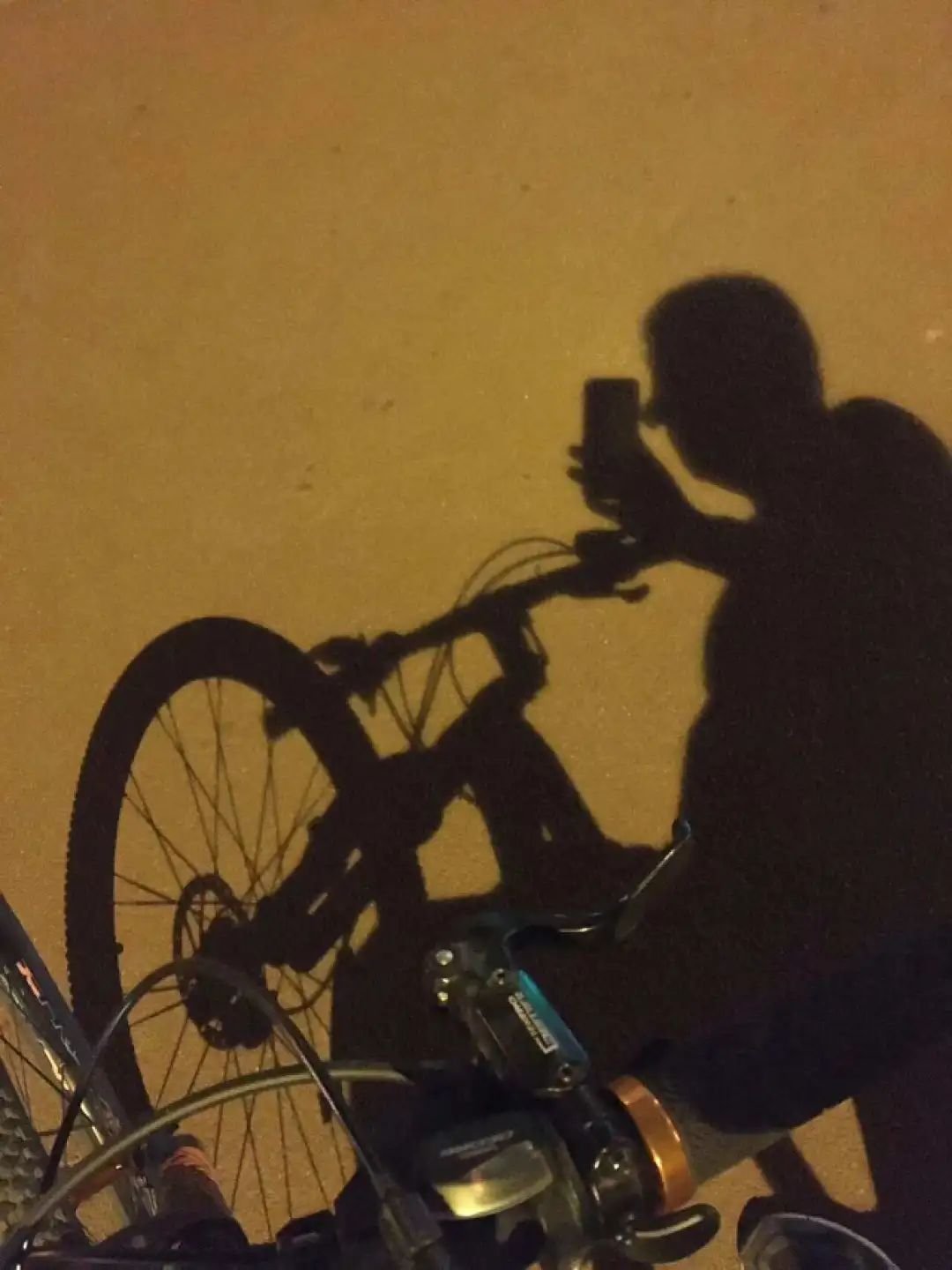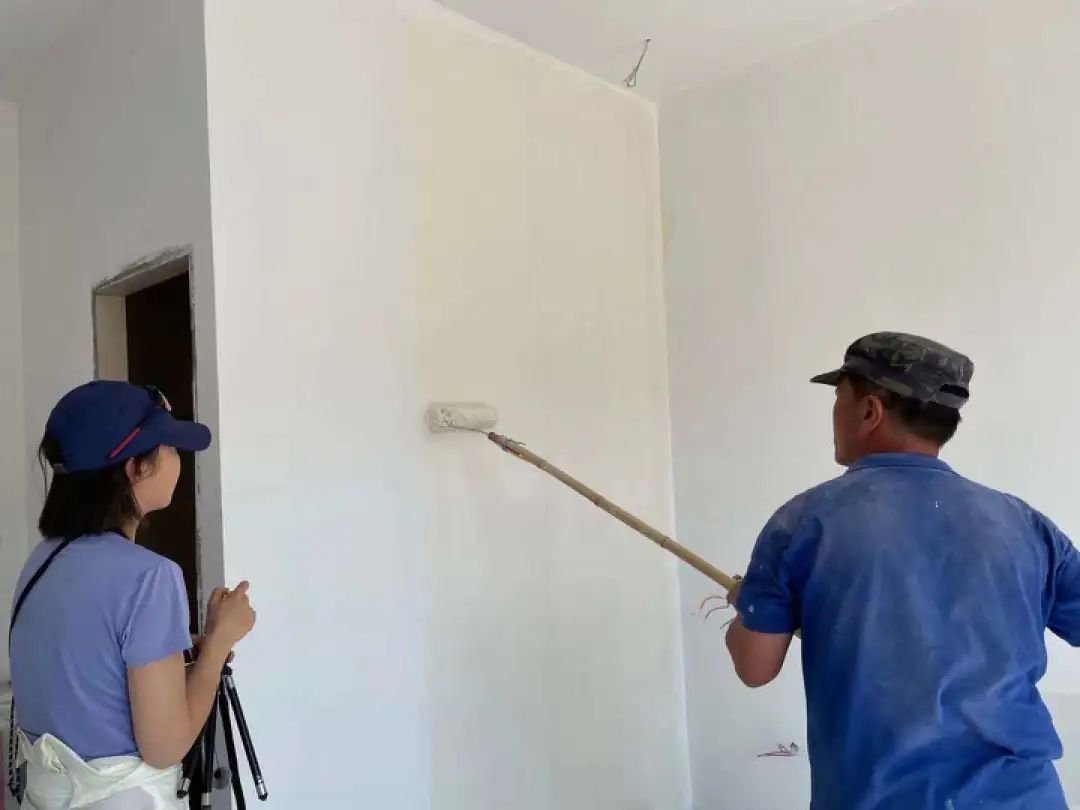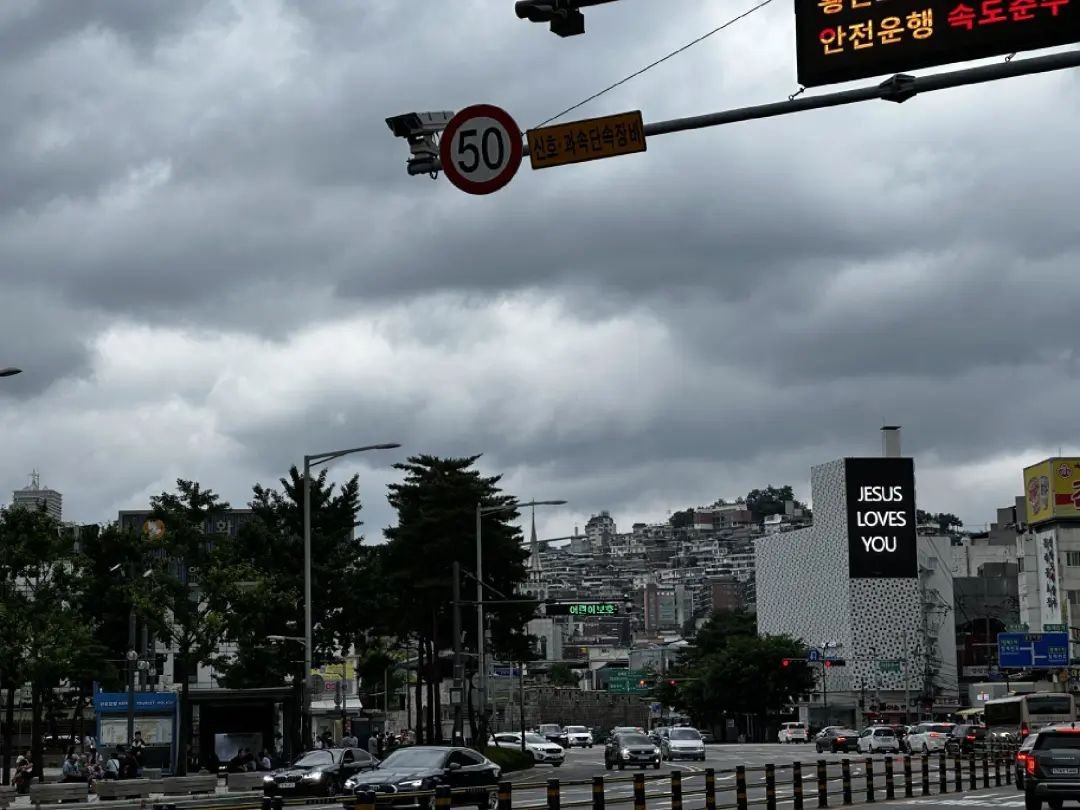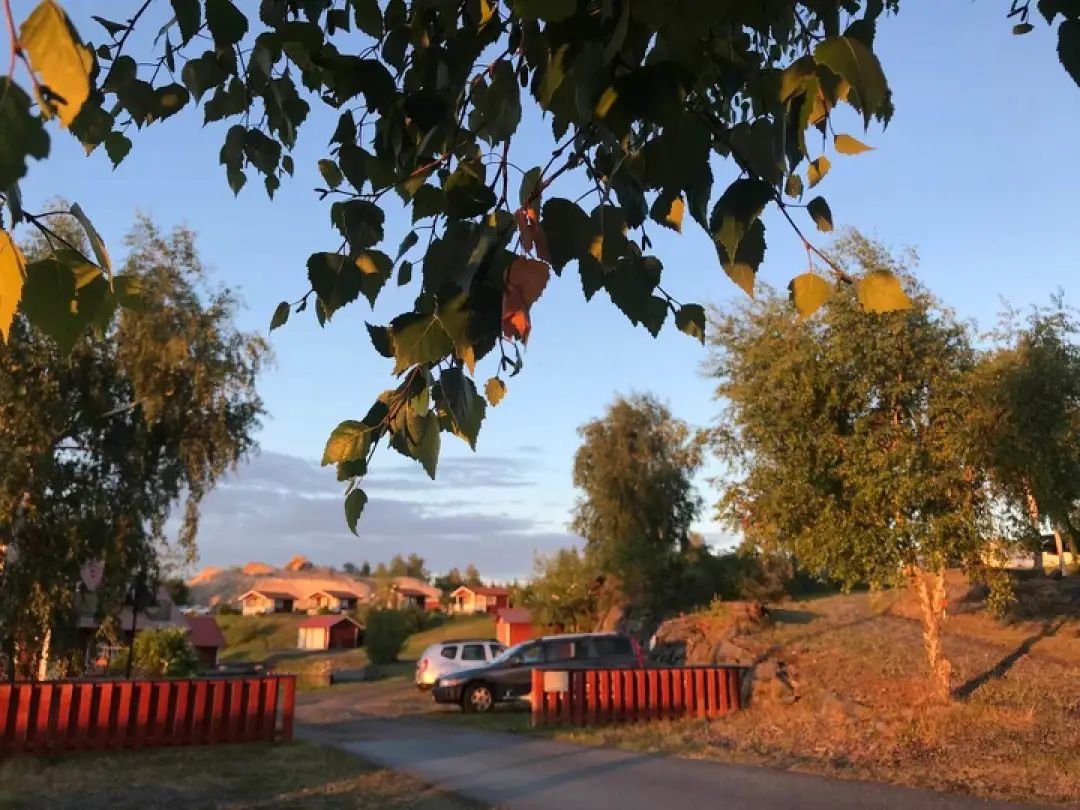With a slumping job market, young workers agonize over whether to pay their social security contributions or risk trading security now for an uncertain future
This story was originally published in podcast form by Story FM.
Elders have one pressing question when it comes to youth and employment. “Will your employer pay for your social security?” If the employer will, that’s supposed to signify a formal, stable job and the certainty of the government providing you with a pension in the future. Furthermore, in some cities, residents must have local social security insurance to qualify to buy an apartment, a car, or to send their children to public school.
However, with the current grave employment situation, more and more young Chinese are struggling to keep up their social security payments. In June, the unemployment rate for urban 16 to 24-year-olds stood at 21.3 percent according to the National Bureau of Statistics, the highest level since the statistics began in 2018.
If you’re already out of a job and scrambling to even pay rent, would you still care about future financial outlays like buying a house or retirement funds?
Here are four stories from Liu Fangjia (a freelance writer and our guest producer), hairstylist Zeng, designer Mr. Sun, and Keyu, who is currently unemployed.
***
Liu Fangjia: I go by my online handle Liu Fangjia, which means “vacation” in Chinese. I chose the name because I was longing for an extended holiday from work at the time. Be careful what you wish for, I guess. Nowadays I’m a freelance writer, also known as an “unemployed young person.”
On the last day of 2020, I resigned from my previous job, confident that my restless personality would only allow me to stay idle for three months at most. I didn’t expect to still be out of work until now.
I’ve got a friend running his own company, and he promised to help pay my social security through his company after quitting my job. Now, the Chinese social security system is made up of five types of insurance—pension fund, medical insurance, industrial injury insurance, unemployment insurance, and maternity insurance—plus a mandatory housing fund. My friend’s company could not cover the latter.
For that reason, I ended up finding an intermediary company offering the whole social security package for over 2,500 yuan per month—plus a 100 yuan handling fee. Coughing up the yearly sum all at once could get you a 50 percent discount, but I decided to just pay monthly. Again, I really didn’t think I’d be taking such a long break.
I went to Dali in southwestern China’s Yunnan province for almost half a year after I quit my job. I returned to Beijing in May 2021 and rented an apartment. Little did I know that I had a few unexpected challenges coming my way that summer. Two of my close relatives passed away in close succession. Daily anxiety and panic attacks seized me, so I put off going back to work.
After October, I resumed my occasional writing gig, though the income was nowhere near enough to balance my expenses. My monthly rent set me back 3,000 yuan, plus 2,600 yuan for the social security package I’d subscribed to. To raise my spirits, I went to weekly therapy and took swing dance lessons that kept me busy with several parties. I wasn’t exactly keeping track of my monthly expenses, nor did I put myself on a budget. I thought at the time that life was tough enough, I needed to do things that made me happy.
In 2022, I’d been out of office for two years, but by then I was seeing some gradual improvement in my condition. I switched to biweekly therapy sessions as I reconsidered returning to the workforce. Unfortunately, that year saw many multimedia platforms and magazines shut down due to the impact of Covid-19. Those that survived also cut their budgets. My friends in the industry didn’t seem all that happy, either.
I had an unstable income, but a steadier mood. I’d almost depleted my savings, but somehow I seemed to be faring the best among my peers.
Now, my main source of anxiety came from my monthly payments toward my social security.
As my condition improved, I stopped using my medical insurance for therapy at public hospitals. After the government changed its medical insurance policy, I couldn’t directly withdraw the money from my medical insurance funds anymore. This didn’t help assuage my resentment about my monthly social security installments.
Cutting off my social security payments was easier said than done, though. I lacked the determination, and deep down I also didn’t want to give up just yet. Besides, my mother made sure to stay updated on my status via occasional WeChat messages. She asked how life was in Beijing and, most importantly, had I secured a stable source of income yet. No, I hadn’t, and so she only had more questions: Would I actually be fine unemployed? Why not find a job? Perhaps I should just pack up and go back to my hometown in northeast China and sit the civil service examinations, she suggested.
Paying my social security showed my mom that I could survive. It was as if as long as I could still afford to pay the funds, life didn’t seem so bleak.
Last March, I noticed that there were two international swing dance events that opened for registration—Seoul in June and Stockholm in July. I was itching to attend both, so much so that I was even willing to find a job so I could cover my travel expenses that would at least put an end to my out-of-pocket social security payment every month.
I remembered the fear and anxiety that came with my daily grind at the office far too well. However, the fact remained that I was at a crossroads—it was either, return to work or stop paying my social security.
I began to think about the purpose of social security. Was it really that important? Would I ever see anything significant in return? The payment wasn’t exactly pocket money for someone without a stable source of income. Nowadays you often hear about digital nomads; how do they deal with social security?
I was more reluctant than ever to keep paying. In fact, I came to learn that a few of my friends had already cut their payments altogether. How did they feel about the whole thing?
1
A symbol of social status
Liu Fangjia: Zeng is a hairdresser. None of the hair salons he’s worked for have ever covered his social security. In fact, that’s how Zeng remained largely clueless about social security and its significance for social status at least until his thirties loomed close. With many of his unemployed friends paying their social security out of their own pockets, Zeng figured it was best to start paying himself, too.
Zeng: Do you have a car? Do you have a house? Do you have social security? These are the things everyone’s measuring themselves against. There’s a big difference between people who have and don’t have social security. It’s like comparing a national army to guerrilla forces.
And when it’s time to choose a spouse, who will you settle for, someone guaranteed by the state or someone who has nobody looking out for them?
A while back, I was thinking about the future and I was set on eventually enjoying my retirement in Beijing, even if I never got to buy a house or a car there.
At first, I found an intermediary company to pay my social security and handed over a monthly handling fee of 200 yuan. Later, I transferred the money to a friend of mine who ran a company. All in all, I spent a year in Shanghai and over two years in Beijing, paying toward my social security all along. I knew I wanted the state behind me.
Liu Fangjia: In 2019, Zeng left Beijing for Shanghai with a new job, and his social security was transferred accordingly. In order to save a few hundred yuan per month, he opted out of the housing fund. In 2022, after the lockdown was lifted in Shanghai, Zeng left town and returned to Beijing, where he was unable to find a job for a long spell under the impact of the pandemic. He had no choice but to stop making his social security payments.
Zeng: I was completely broke back then, and it’s not like I could opt out of paying rent. The easiest choice was to stop paying my social security. My basic monthly expenses amounted to about 12,000 yuan, and I also traded in stocks, except my holdings ended up crashing right along with the market. Things had gone completely south for me, and then some. I really didn’t have a choice but to stop my monthly social security payment. I told my family about it and they said it was up to me to decide.
Liu Fangjia: Zeng says he previously purchased commercial insurance. But with his income so unstable, thinking about the future with social security went out of the window. Now he was preoccupied with survival, one day at a time.
Zeng: One year of commercial insurance was all I could possibly afford, especially when Covid hit the next year. I’m not going to disclose my monthly earnings back then, but once I’d paid my bills and utilities, I just wasn’t making it to the end of the month.
For food alone, you’re already looking at several thousand yuan a month in Beijing. I work and live near Sanlitun, in the middle of downtown Beijing. Before, I was confident that whatever money I spent, I’d earn right back the day after. That’s simply no longer the case, no matter how much I cut down on my expenses.
Look, I’m not a Beijing local, and I need housing and food here. It’s not a cheap life, and something’s got to give.
I’ve heard some news that young people nowadays aren’t contributing toward their social security anymore. The reality is, we just can’t afford it. First, we need to eat and we need a roof over our heads. Sure, It would be better to make enough that I could keep paying my monthly contributions. But since I don’t, there’s no way to pay.
2
Putting up a facade
Liu Fangjia: Zeng, with his no-nonsense nature, stood strongly by his decision. But then, I heard from a man surnamed Sun—and he wasn’t quite as sure about it. Sun is 30 years old and used to work in design. Burnout prompted him to resign from his position before the outbreak of Covid-19 in 2020, and he has yet to return to work.
Sun: After I resigned, I paid my social security out of pocket for a total of 2 years and 4 months without skipping a payment. If you include rent, I spent almost 160,000 yuan during that period. In my hometown, that would be enough for a down payment on a house.
I had paid for social security for almost four consecutive years before I quit my job. This was all in Beijing, and I figured I could give it one more year so I could enter the lottery system to buy a car. Then I realized I needed to keep paying it to get a Beijing residence permit. While I was doing that, I realized that I needed to first get a residence card and then keep paying social security for another six months before I could get my permit. I got tired of the whole process and just wanted to stop. When I finally cut my payments off, I had paid six-and-a-half years in total.
After resigning, it was grueling to pay social security on top of my rent. I’d already depleted two-thirds of my savings by that point.
You can be thrifty in Beijing for personal expenses, but you’ve really got no say over rigid costs like rent and social security, which in the capital add up to tens of thousands of yuan yearly. I already had no desire nor plans to buy a house or a car, so I’m okay with letting go of my social security installments.
Money-wise I sure got some relief. But who knows if there are any hidden risks. I’ve never given much thought to that. At the time, it was more important for me to make life not too unbearable. When the moment came to make a decision on whether to keep paying or not, I was driven by sheer necessity under financial pressure.
In the first year after I quit my job, I splurged on takeout because I was coasting on my savings and I was useless in the kitchen. Needless to say, I was also eating out and taking my fair share of cabs. Long story short, I kept to the same lifestyle I had before quitting my job, without even a part-time gig. I thought, why would I bother with work when I was taking a break?
I hired a personal fitness trainer, went swimming in the evenings, applied for some educational courses, and got my driving license. During this spending spree—tens of thousands of yuan—I told myself I’d look for a job soon enough. Then the pandemic arrived.
Fair enough. I could just extend my break some while the situation eased. Well, now we know how that turned out. I couldn’t believe that another year had passed and we were clearly in for a long haul. I felt that I could no longer stick with my initial assessment of the whole scenario, but the job market just wasn’t that lively anymore. Somehow I kept putting it all on hold until now. Everyone around me is employed. But, truth be told, I just think work is quite boring, and so is the whole social security thing.
Liu Fangjia: Wanting to ease his family’s worries, Sun pretended he had gone back to work.
Sun: I rarely talk to my family, and when I do, it’s often the same old stuff. “Did you get a pay raise or a pay cut this year? Is the current environment affecting your salary?” I tell them that my salary has remained stable, no matter what the market looks like. They can likely see through my ruse, but they’ve never followed up with more questions, and I dodge their calls by telling them I’m busy at work.
I’ve considered becoming a delivery driver, but I just don’t want to. If I was forced into that kind of solution, I would feel super depressed.
Liu Fangjia: Sun nearly depleted his savings as a result of his unemployed stint—two years and four months where he still religiously paid his social security. His quality of life plummeted, and eventually, he had to go without the most basic necessities.
Sun: I can’t say I’m particularly depressed at this stage, but the way I’ve always seen it, is that you have to receive some value for your expenses. If you spend whatever amount of money and get little happiness in return, I’d rather just not spend it at all.
In the past, I would eat whatever and wherever without a second thought. Blowing 1,000 yuan on a single meal? Sure, I was game. Spend 2,000 on a party? I would be there. Now, I’m totally different. I’ll say: “Over 200 yuan per person? Man, that’s pretty pricey. Let’s just grab a cheap bite somewhere.”
That’s how it is for me nowadays. In the past, I would be content with a 3 kuai coupon, but nowadays I scour the platforms for 8 kuai ones or higher. Most of my time ordering takeout is now spent on doing discount calculations. I can’t even afford a decent diet anymore, and I can’t have fun when I go out. It’s actually pretty sad.
I don’t want to talk about regrets, but it’s just... I blew through so much money back then on social security, and now? Well, I just wish I hadn’t, because then maybe I’d live a little better nowadays.
Liu Fangjia: I can empathize with Sun’s struggle. It’s a kind of sunk cost fallacy, where the longer I pay social security, the more I hesitate about cutting it.
Lastly, I got to talk to a woman named Keyu. She told me that stopping her social security payment had been a careful decision.
3
A 40-yuan solution to the social security conundrum
Keyu: My name is Keyu. I am 27 years old and currently unemployed while I figure out how to start my own business. In the past, when I faced any gaps in my employer paying my social security, I’d just cover it myself for a couple of months. This time, I decided not to.
My field is architectural design, and last year was a big downturn for the real estate industry. My company was cutting down on wages and laying off staff left and right. No business, no work, no wages. Quite the pickle.
Financially, it was fine, because to be honest, I’ve always been clever about saving money. Still, I could feel the mental toll of this uncertainty. I put in the hours at work, but there was no word on when I’d get paid.
Liu Fangjia: Keyu’s company struggled for business and was no longer able to pay wages. However, fear of the lackluster job market made it so that few of Keyu’s colleagues resigned of their own will. They would rather wait to earn a settlement from their current workplace. Keyu was hoping to get all her wage arrears repaid before leaving. At that time, she knew little about social security. She even hoped to support herself with money drawn from her medical insurance contributions and providence fund when her company stopped paying her salary.
Keyu: At that time, I had no idea what social security meant to me. I didn’t know how much the company was paying on my behalf monthly, nor did I really care. Even when I joined my first company, I didn’t ask about any of that stuff.
I only started really calculating my monthly expenses after this last company stopped paying our wages. I discovered that I hadn’t actually saved much money in Beijing, and that was before I actually checked my social security records and realized I had already depleted my medical insurance fund. Turns out all my yearly medical expenses added up.
Liu Fangjia: Keyu reckoned that she would remain jobless for quite some time—perhaps indefinitely—after quitting her ailing company. She may not be able to pay her social security installments during that time. To prepare, she began registering at major hospitals while she still had the chance to. She resolved to buy commercial medical insurance while she still held her job so that she could cover any foreseeable medical needs.
But then, when it finally came time to quit her job, Keyu found herself suddenly balking at the thought of stopping paying for her social security. On the day before the payment deadline, she began to calculate the risks of discontinuing her installments and the benefits of staying on top of them.
Keyu: I turned to an agent who pays individuals’ social security on their behalf, and he advised me to pay before the 22nd of the month. But thinking about the topic annoyed me, so I waited until the 20th to actually look up information on the topic and make an informed decision.
You can actually suspend your pension insurance contributions for up to three months, as long as your new company is willing to renew your contributions, or you start paying for it yourself. Medical insurance cannot be interrupted for longer than one month. If there are any interruptions, your record of “consecutive payment” starts all over again.
Then, there’s also the housing providence fund. In Beijing, you must pay some number of consecutive months of the housing providence fund before you can apply for a providence fund housing loan. Not that I’d thought about that at all.
So, how did paying my social security benefit me? So far, the only thing I could think of was to subsidize my medical treatment.
As for pensions, I’m just too lazy to sit down and calculate how missing a few months of contributions will impact my retirement fund after I’m 65 years old.
I started to wonder whether it was truly cost-effective to keep paying so that I could go to the hospital on my insurance. The 2,000 yuan I would save on installments might as well go to pay out of pocket for whatever health issues came up. At the time, I wasn’t even spending that much monthly on outpatient appointments.
Liu Fangjia: Keyu had more concerns: How long would she remain unemployed after quitting? How long could she actually go without a job before it impacts her future employability?
Everything was unknown. Keyu only had one certainty—she really did not want to keep paying 3,000 yuan a month toward her social security.
The month I resigned there were so many things to deal with. I had to appease my parents. They thought I was being unreasonable by resigning without having another job lined up.
Then I also had to address my own worries. I had gotten out of my job, but I really had no idea what I was supposed to do next. Still, once that month was over, my emotions improved. I’ve also managed to solve a few things, namely my social security concerns. Or maybe I’ve just chosen not to stress myself over it.
I have a flatmate who is from Beijing, but she doesn’t pay social security either. She didn’t think that she’d ever see a return on it—she wasn’t willing to pay even 1,000 yuan a month.
Eventually, both of us subscribed to a commercial insurance scheme where we only pay 40 yuan per month. My flatmate is a freelancer, and she’s been toying with the idea of becoming a digital nomad and traveling around for the next year, so she’s not in such a rush to really consider the issue of social security.
Then, I also have this friend who’s switched jobs a dozen times in five years, with a long gap in between to boot. Actually, she went to Inner Mongolia to herd sheep there for a couple of months. When I asked her about her social security during that time, she replied that since she didn’t know much about it, she just stopped paying altogether, and had been none the wiser about any potential consequences. She did feel some regrets after someone suddenly brought up the issue to her. However, eventually, she still thought it had worked out best for her stint in Inner Mongolia. Wouldn’t she have felt insecure if she’d known all the implications?
4
A little imagination goes a long way
Liu Fangjia: Nowadays, Keyu still worries occasionally about whether her decisions will impact her future. I’m more pessimistic than her. The decision whether to pay toward social security not only involves practical issues such as reimbursement for medical expenses, the place where you buy a house, and where you’ll eventually retire in the future. It’s also all about a feeling of protection against future risks.
However, this also requires a little imagination about your future. When I agonized about my decision, I found out that I no longer trusted my own predictions of future scenarios that much anymore.
I blinked and it was time to pay my monthly installment again. That month, I also applied for visas to South Korea and Sweden and booked my air tickets and accommodation. This all cost me a pretty penny, and so I found myself broke again.
One of my friends in particular incensed me when she said that, if anything, I should clear up my doubts by considering my payments a contribution to the country. I felt rage seize my whole body like a hammer, but then I thought that my anger may have just stemmed from my friend hitting a vulnerable spot for me. After all, the past two and a half years could be regarded as just a long, leisurely break for me to chill and loaf around.
Here I was, secretly still paying my social security installments yet prickling at the thought of making a “contribution.”
That very day, I took the first step to stop paying social security. I started texting my mother to inform her that I didn’t want to pay for it in Beijing—it was too expensive. I was now considering relocating my files to my hometown. Boy, her reaction was fierce. She chain-texted me and eventually forced me to accept a 3,000 yuan transfer toward my social security payment for that month. So, I delayed my decision.
Then I went to Stockholm. The trip was not free from pressure, seeing as my economic situation at the time was far from favorable. But, I really needed this trip. I figured that being able to take a look at the world abroad would ease my predicament.
During my time in Stockholm, I stayed in a small village called Herrang for three weeks. Indeed, I quickly forgot about my social security woes. However, there was no escaping them entirely. I’d barely woken up one morning when I received a reminder call from the payment agency, suddenly bringing me back to reality from my dreamy life in northern Europe. I hung up the phone, lay in bed for 10 minutes, and finally made the decision to stop making my contributions.
My place in Stockholm was quite close to several dance studios where they had classes. As I lay in bed, I could hear jazz music pouring from the dance rooms, and the clickety-clack of pupils practicing tap dancing. Compared to all this social security trouble, the sound of their dancing all felt much more real to me.
Produced by Liu Fangjia (刘放假)
___
This story is published as part of TWOC’s collaboration with Story FM, a renowned storytelling podcast in China. It has been translated from Chinese by TWOC and edited for clarity. The original can be listened to on Story FM’s channel on Himalaya and Apple Podcasts (in Chinese only).








